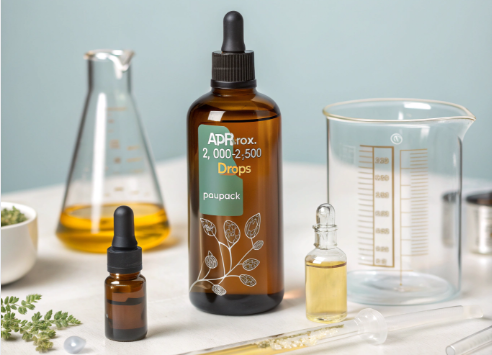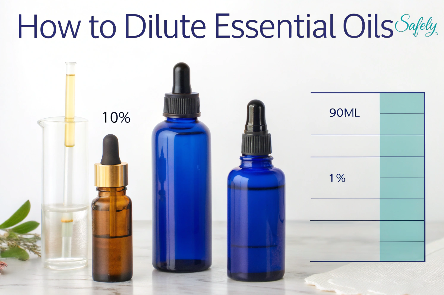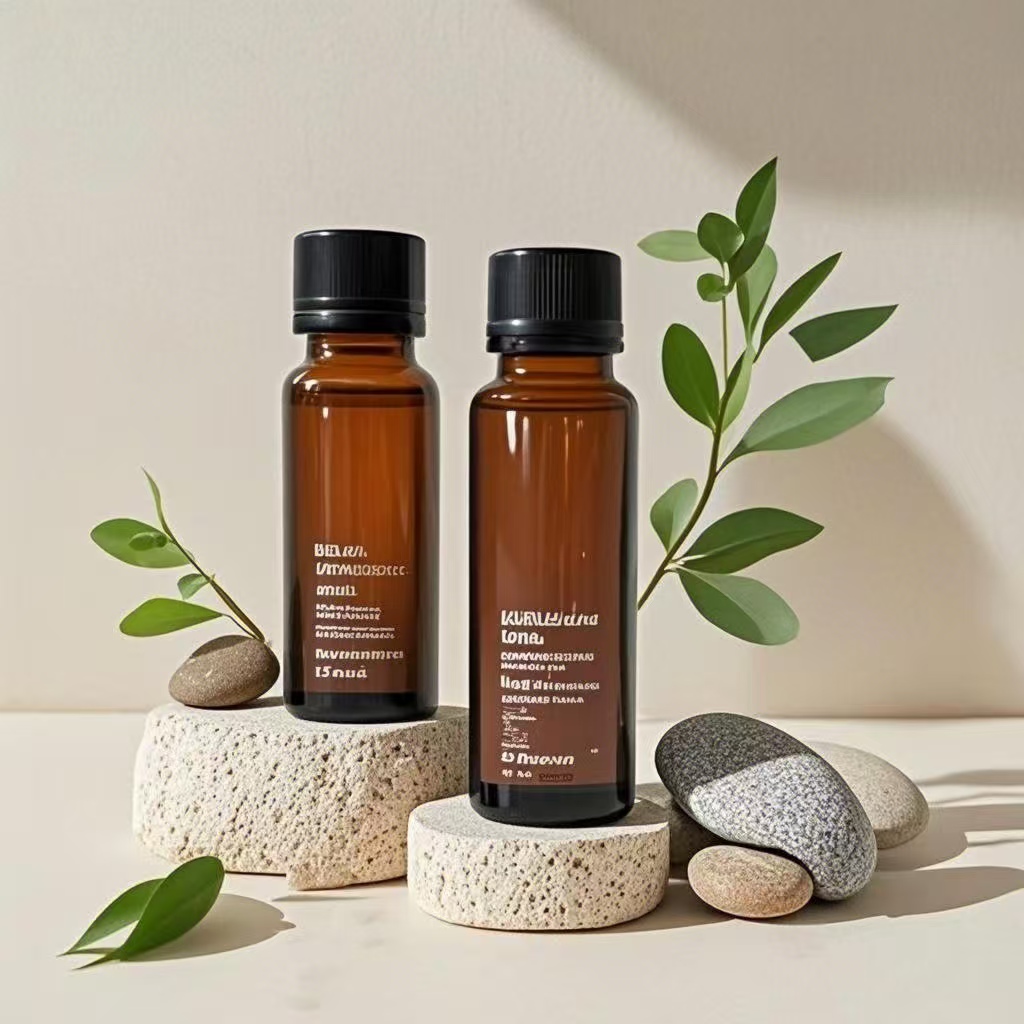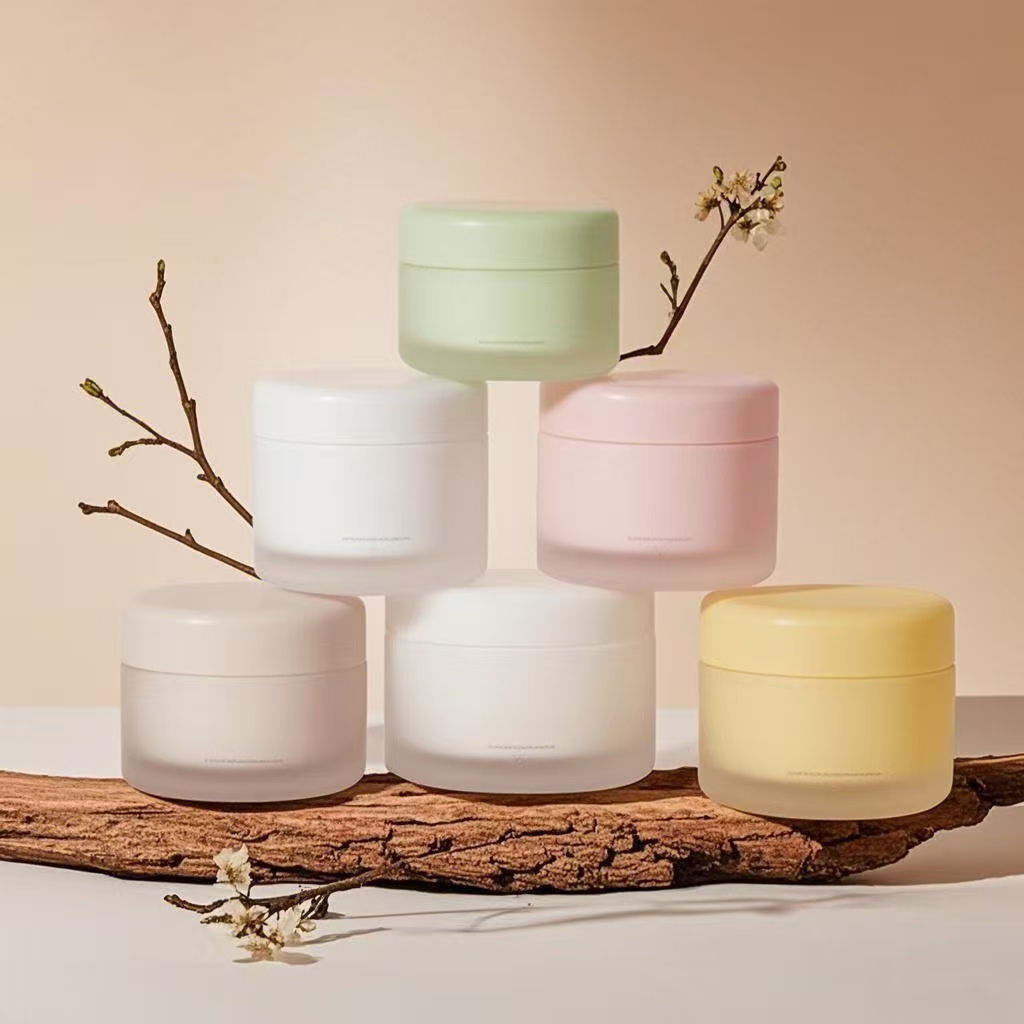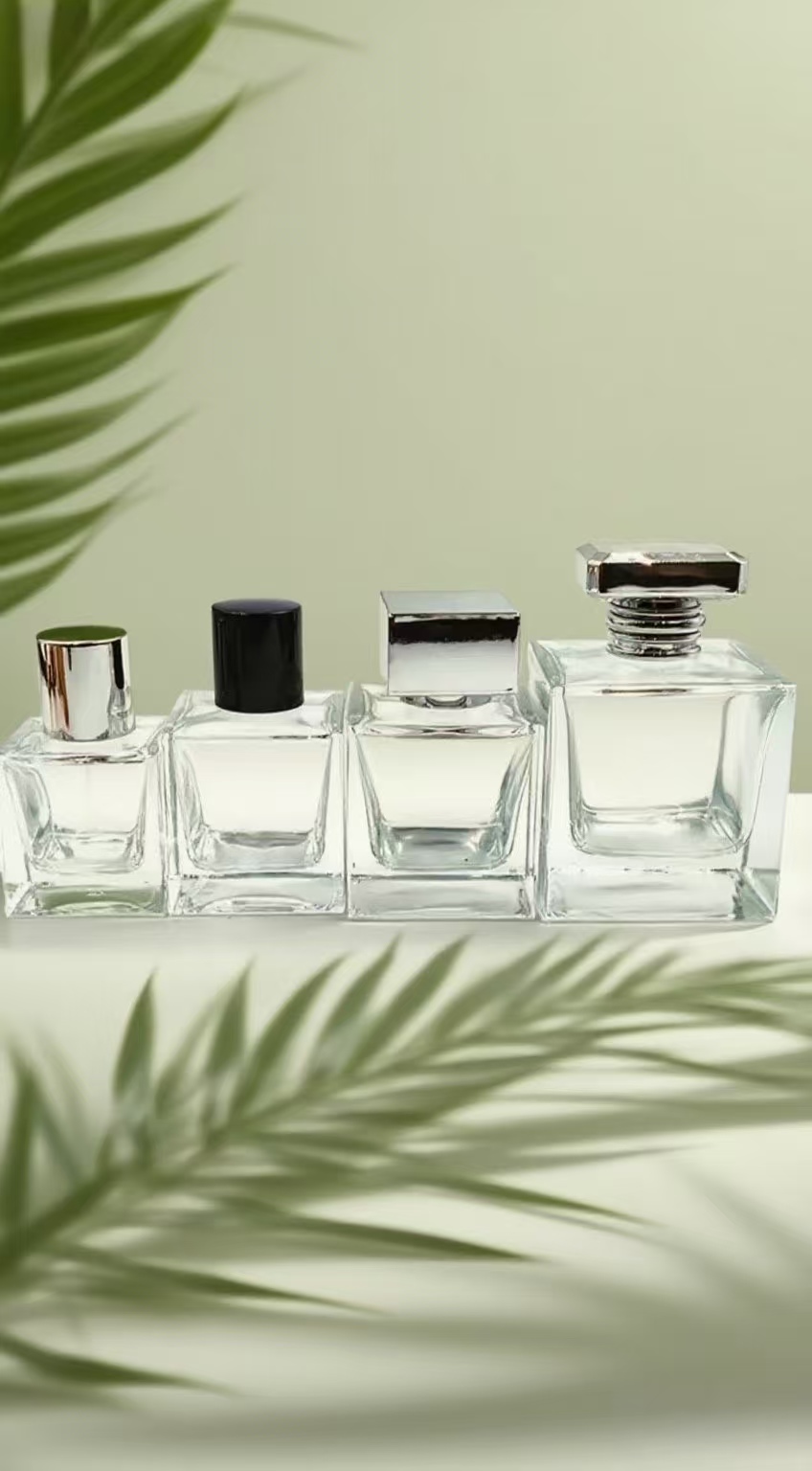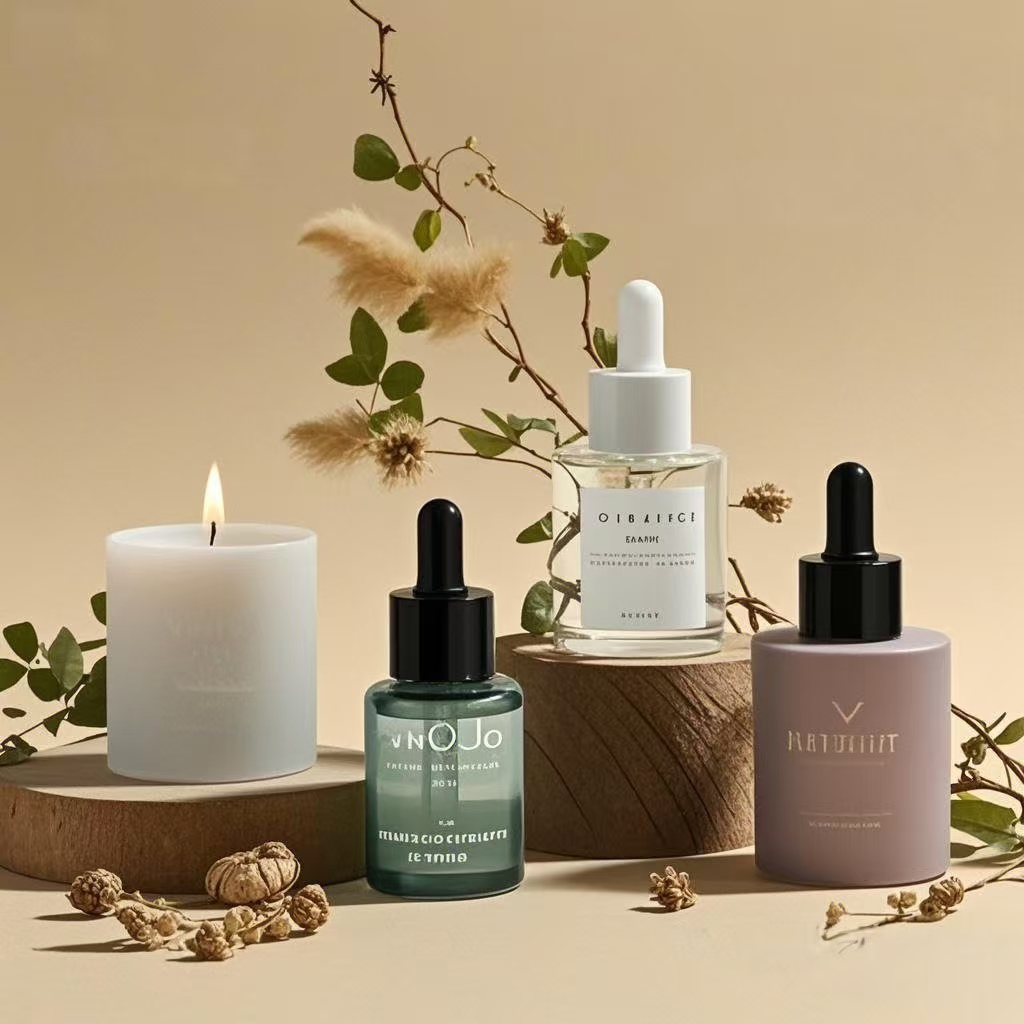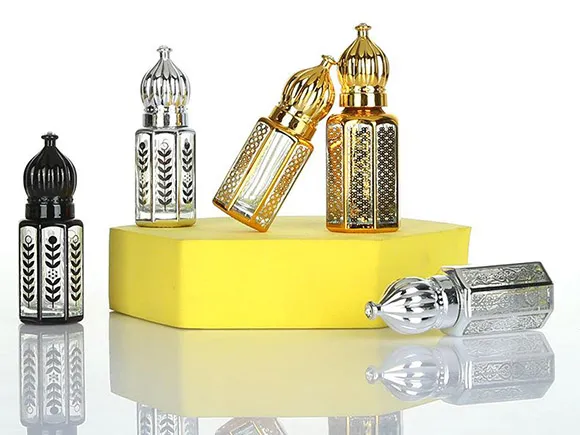Essential oils are powerful and concentrated—mixing them undiluted is a recipe for irritation. Whether you’re creating skincare blends or therapeutic roll-ons, dilution with carrier oil is essential for safety and performance. But if you already have 10ml of essential oil, how much carrier oil do you need to mix in?
To safely dilute 10ml of essential oil, you should mix it with 90ml of carrier oil for a 10% dilution, or up to 990ml for a 1% dilution. The ratio depends on your intended use and sensitivity.
Let’s break down how to calculate the ideal carrier-to-essential oil ratio and how to apply it across different bottle sizes.
How much essential oil for 10ml of carrier oil?
Start with safety, then build your scent.
For 10ml of carrier oil, use 1–3 drops of essential oil for a 0.5%–1.5% dilution—suitable for everyday skincare or facial use.
What are some common types of carrier oils suitable for mixing with essential oils?
Choosing the right carrier oil makes a big difference. Look for options that mimic your skin’s natural oils and absorb easily.
Popular choices include:
- Jojoba oil:Lightweight and similar to skin’s own sebum, making it great for most skin types.
- Grapeseed oil:Non-greasy, absorbs quickly, and rarely causes breakouts.
- Coconut oil:Rich and moisturizing, preferred for dry skin but may clog pores for some.
- Apricot kernel oil:Gentle and well-tolerated, it’s ideal for sensitive or mature skin.
These carrier oils each bring their own nourishing benefits while ensuring your essential oils are diluted safely for use on skin.
Dive Deeper: Ratio Guidelines for 10ml Carrier Base
| Intended Use | % Dilution | Essential Oil (drops) |
|---|---|---|
| Facial blend (sensitive) | 0.5% | ~1 drop |
| General body use | 1% | ~2 drops |
| Targeted spot treatment | 2–3% | ~4–6 drops |
| Short-term therapeutic | 5% | ~10 drops |
Each drop is approximately 0.05ml. So 10 drops ≈ 0.5ml essential oil.
AtPauPack, we help brands create pre-dosed roller bottles and pipette dropper kits that ensure dilution is accurate—especially important for private label skincare and aromatherapy sets.
What are examples of single note essential oils and where can they be applied after dilution?
When it comes to blending, some essential oils have earned their place as classics—not just for their scent, but for where and how they can be used once diluted safely with a carrier oil.
-
Lavender:The ultimate multi-tasker, lavender is favored for its calming touch. Once diluted, apply to temples, wrists, jawline, or even over the chest. It’s especially useful before bed or during stressful moments—the gentle aroma works wonders for relaxation.
-
Eucalyptus:If you’re after that clear, refreshing feeling, eucalyptus is your go-to. Known for its crisp, invigorating scent, it's typically blended for topical use on the throat or chest, especially during cold weather when you’re seeking relief and easier breathing.
-
Frankincense:This oil brings an earthy, grounding quality, long valued in rituals and skincare alike. Add just a drop to your diluted facial oil or nighttime moisturizer to leave skin feeling restored and deeply nourished.
Remember to always dilute your essential oils to the recommended level before applying to skin. Application sites vary based on the intended effect:
- For calming, try pulse points.
- For respiratory support, go for the chest and neck.
- For rejuvenating skincare, focus on the face or hands.
Experiment with single note oils from trusted brands likeNow Foods,Plant Therapy, orEdens Garden, and find what suits both your skin and your senses best.
What is the best ratio of carrier oil to essential oil?
There’s no universal rule—but there are guidelines.
The best ratio of carrier oil to essential oil depends on the application. Most skin-safe blends use a 1–3% dilution (i.e., 1–3ml EO per 100ml carrier).
Dive Deeper: Recommended Dilution Chart
| Use Case | Dilution % | EO:Carrier Ratio |
|---|---|---|
| Daily face oils | 0.5–1% | 1:200 to 1:100 |
| Body oils & lotions | 1–2% | 1:100 to 1:50 |
| Deep muscle relief oils | 3–5% | 1:33 to 1:20 |
| Spot treatment | 10% max | 1:10 |
If you’re starting with10ml essential oil, here’s what you’ll need for various dilutions:
-
1% dilution= 990ml carrier oil
-
2% dilution= 490ml carrier oil
-
5% dilution= 190ml carrier oil
-
10% dilution= 90ml carrier oil
PauPack providesready-to-fill 10ml–100ml bottleswith precise dosage tips, helping both DIY and commercial users avoid overuse.
Blending Essential Oils Into Lotions and Body Butters
You might be wondering if you can bring your favorite essential oils into your daily skincare routine by mixing them with lotions or body butters. The answer: Absolutely, and it’s an easy, flexible method that follows the same dilution guidelines as carrier oils.
How it works:
Your lotion or body butter serves as the carrier, safely distributing the essential oil across a large surface area and minimizing the risk of skin irritation. This method is handy when you want to experiment with scent profiles or target specific skincare concerns.
Simple steps to blend:
- Choose your base:Pick a plain, unscented lotion or a rich, nourishing body butter.
- Measure your essential oil:Stick to the recommended dilution rates—generally 1–2% for all-over body application (about 1–2 drops of essential oil per teaspoon/5ml of lotion).
- Mix just before use:Add the essential oil to a dab of lotion in your palm, blend well, and apply to your skin, ideally after a bath or shower for best absorption.
- Try new scent combinations:Pair soothing florals like lavender, geranium, or clary sage with unscented lotions for a calming touch. For a refreshing twist, add a drop of orange or eucalyptus to invigorating formulas.
Pro tip:
Always do a small patch test before wider application, especially when working with new oils or products.
Whether your goal is heightened relaxation, a burst of energy, or deeply nourished skin, this flexible blending method lets you customize your experience safely.
Inspired Essential Oil & Lotion Pairings
Looking to elevate your moisturizing routine? Customizing your favorite lotion or body butter with essential oils is an easy way to amp up both the scent and skincare benefits—no special tools required.
Here are a few ingredient pairings that strike just the right note:
- Floral boost:Add 1–3 drops of lavender, geranium, or clary sage essential oil to an unscented or lightly scented lotion for a calming, aromatic finish. This duo works wonders after evening showers.
- Citrus uplift:Blend a couple drops of sweet orange essential oil into a peppermint- or eucalyptus-based lotion for an energizing, creamsicle-inspired scent. The combination smells fresh and invigorating—perfect for mornings.
- Rich hydration:Mix frankincense essential oil (a drop or two will do) into a thick, nourishing body butter—especially one with carrot or shea butter. After sun exposure or during dry spells, this restorative blend helps renew and soften skin.
Application tip:For best results, place the desired amount of lotion or butter in your hand, blend in the essential oil, and apply immediately. This ensures even distribution and the freshest aromatherapy experience.
Remember, less is more—always stick to the recommended dilution and enjoy your personalized, spa-level blends!
What is the 30 50 20 rule for essential oils?
Blending isn’t just about ratios—it’s about balance.
The 30/50/20 rule is a guide to formulating essential oil blends by aroma profile: 30% top notes, 50% middle notes, and 20% base notes.
Dive Deeper: Applying It to Carrier Blends
Once you’ve calculated the total amount of essential oil to use (say, 10 drops), the 30/50/20 rule helps structure your fragrance:
-
3 drops lemon (top)
-
5 drops lavender (middle)
-
2 drops patchouli (base)
Then dilute the entire blend in carrier oil using one of the safe ratios above.
At PauPack, we support brands withpre-blended EO combinationsbased on this rule, ready for bottling and retail.
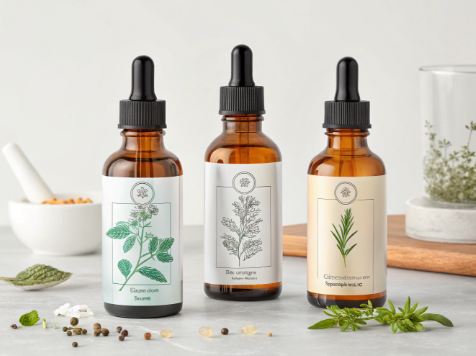
How much essential oil for 10ml bottle?
That depends on your intended dilution strength.
For a 10ml bottle, use 2–6 drops of essential oil for safe everyday use, or up to 20 drops (10%) for short-term or spot use.
Dive Deeper: Bottle-Specific Dilution Chart
| Dilution % | Drops of EO | mL of EO | mL Carrier Oil |
|---|---|---|---|
| 1% | ~2 drops | ~0.1ml | 9.9ml |
| 2% | ~4 drops | ~0.2ml | 9.8ml |
| 5% | ~10 drops | ~0.5ml | 9.5ml |
| 10% | ~20 drops | ~1ml | 9ml |
Always label your bottle with dilution % and ingredients for safety and compliance.
PauPack helps brands withcustom-printed labels,dosage guides, andchild-safe closures—ideal for wellness blends, massage oils, and skincare kits.
Conclusion
To mix 10ml of essential oil safely, you’ll need between 90ml and 990ml of carrier oil, depending on the dilution you want. At PauPack, we offer pre-diluted bottle options, precision droppers, and packaging designed to make every blend safe, balanced, and beautifully delivered.




